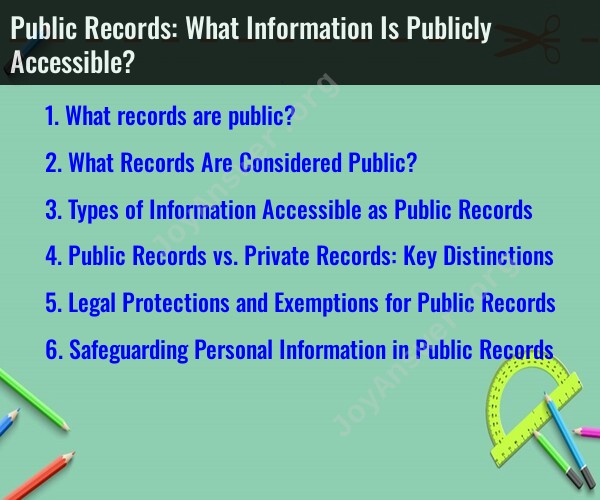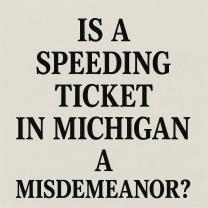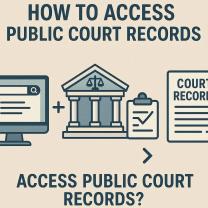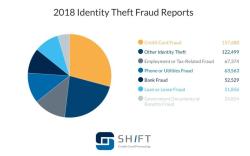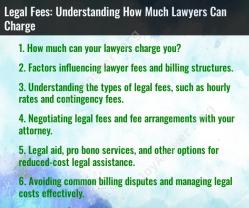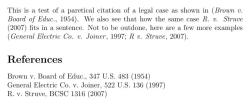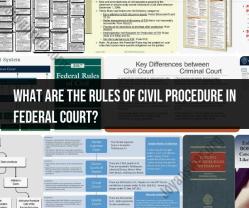What records are public?
Public records typically refer to documents and information created or held by government agencies and other public entities that are accessible to the general public. The specific types of public records can vary by jurisdiction, but common examples include:
Vital Records:
- Birth certificates
- Death certificates
- Marriage certificates
- Divorce records
Property Records:
- Deeds and property ownership records
- Property tax assessments
- Land and property titles
Court Records:
- Court case documents, including criminal, civil, and family court records
- Dockets and case information
- Judgments and court orders
Criminal Records:
- Arrest records
- Conviction records
- Incarceration records
- Sex offender registries
Business Records:
- Business registrations and licenses
- Articles of incorporation
- Trademark and copyright registrations
Government Meeting Minutes and Agendas:
- Minutes and agendas of government meetings, such as city council, school board, and county commission meetings
Financial Records:
- Budgets and financial reports of government agencies
- Public employee salaries and compensation
Real Estate Records:
- Zoning records
- Building permits
- Land use records
Public Health Records:
- Inspection reports for restaurants and food establishments
- Health department records, such as disease statistics
Educational Records:
- School district records, including school board meeting minutes
- Student records (with privacy protections under the Family Educational Rights and Privacy Act - FERPA)
Election Records:
- Voter registration records
- Election results
Freedom of Information Act (FOIA) Requests:
- Requests made under the FOIA can result in the release of a wide range of government documents, including internal communications, reports, and more.
Permits and Licensing Records:
- Various permits and licenses issued by government agencies, such as business licenses, hunting and fishing permits, and driver's licenses (with restrictions on personal information).
It's important to note that while these are common types of public records, the accessibility and availability of public records can vary by location and jurisdiction. Some records, especially those related to personal or sensitive information, may be subject to privacy laws and restrictions, and certain information may be redacted or kept confidential to protect individuals' privacy.
Access to public records is often protected by laws and regulations to ensure transparency and government accountability. However, the specific rules and processes for obtaining public records can vary, so it's advisable to consult with the relevant government agency or visit their website for information on how to access specific records in your area.
What Records Are Considered Public?
Public records are documents or pieces of information that are not considered confidential and generally pertain to the conduct of government. Depending on jurisdiction, examples of public records include information pertaining to births, deaths, marriages, and documented transactions with government agencies.
Types of Information Accessible as Public Records
The types of information that are accessible as public records vary from jurisdiction to jurisdiction. However, some common examples include:
- Court records
- Vital records (births, deaths, marriages, and divorces)
- Property records
- Financial and tax records
- Government contracts and bids
- Meeting minutes and agendas
- Police reports and arrest records
- Business licenses and permits
- Environmental records
Public Records vs. Private Records: Key Distinctions
The key distinction between public records and private records is that public records are accessible to the public, while private records are not. Public records are created and maintained by government agencies, and they are subject to public access laws. Private records, on the other hand, are created and maintained by individuals or businesses, and they are not subject to public access laws.
Legal Protections and Exemptions for Public Records
While most public records are accessible to the public, there are some legal protections and exemptions in place. For example, certain types of information may be exempt from public disclosure if they contain confidential information, such as trade secrets or personal information about individuals. Additionally, some government agencies may have special rules or procedures governing access to their records.
Safeguarding Personal Information in Public Records
Government agencies have a responsibility to safeguard personal information that is contained in public records. This includes taking steps to protect the confidentiality of this information and to prevent it from being used for unauthorized purposes.
Individuals also have a right to protect their personal information that is contained in public records. In some cases, individuals may be able to request that certain types of information be redacted from public records. Additionally, individuals may be able to file a complaint with the government agency if they believe that their personal information has been improperly disclosed.
Conclusion
Public records are an important part of a democratic society. They provide transparency and accountability in government, and they can also be a valuable resource for individuals and businesses. While there are some legal protections and exemptions in place, most public records are accessible to the public. Government agencies and individuals have a responsibility to safeguard personal information that is contained in public records.
